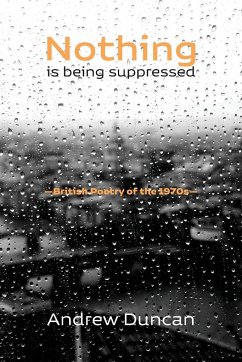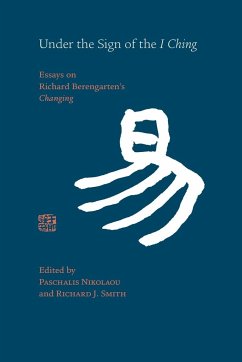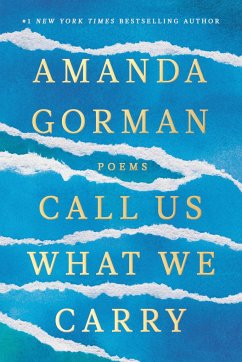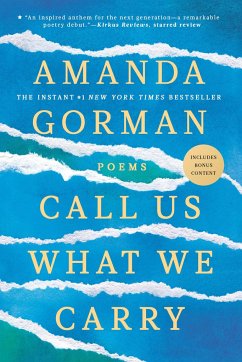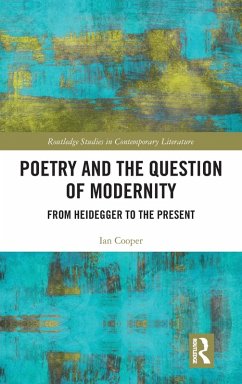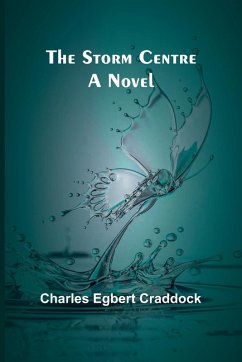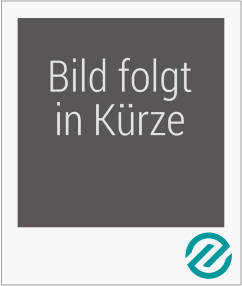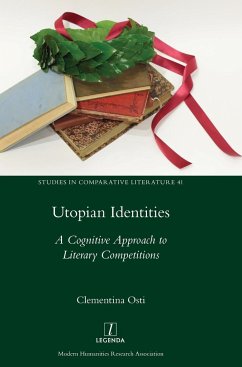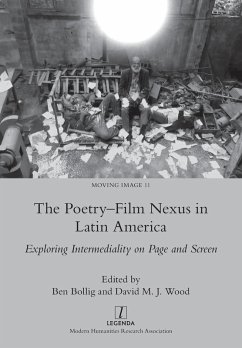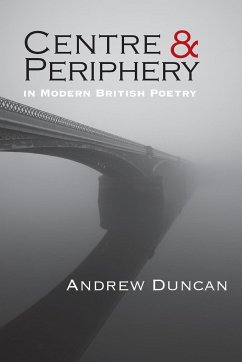
Centre and Periphery in Modern British Poetry
Versandkostenfrei!
Versandfertig in 1-2 Wochen
21,99 €
inkl. MwSt.

PAYBACK Punkte
11 °P sammeln!
Does what is true depend on where you are? or, can we speak of a British culture which varies gradually over the 600 miles from one end of the island to the other, with currents gradually mutating and turning into their opposites as they cross such a distance? Any account of the matter must rapidly disclose the fact that where group A proclaims idea X, group B swiftly proclaims X to be untrue. Assimilation and dissimilation are the exuberant flows which make the mill of culture turn. The unbalanced local energies which gave birth to the central horror of possessive individualism, the Empire, a...
Does what is true depend on where you are? or, can we speak of a British culture which varies gradually over the 600 miles from one end of the island to the other, with currents gradually mutating and turning into their opposites as they cross such a distance? Any account of the matter must rapidly disclose the fact that where group A proclaims idea X, group B swiftly proclaims X to be untrue. Assimilation and dissimilation are the exuberant flows which make the mill of culture turn. The unbalanced local energies which gave birth to the central horror of possessive individualism, the Empire, and the State as war-machine, do not sound their triumphalist self-praises without conjuring up a reaction in favour of collective values, pacifism, equity, and the languages of the periphery. Poetry has to offer more than the illusion of being in the few rooms where a metropolitan elite solemnly engages in the circularity of authentication. A polemic tour of Scotland, Wales, and the North of England exposes the possibility that the finest poets of the last 50 years have lived in the outlands, not networking and neglecting to acquire linguistic signs of status. We contemplate the sublime through the works of Sorley Maclean, Glyn Jones, Colin Simms, and Michael Haslam. But a second look at poetry in the South jettisons the shallow tricks favoured by High Street cultural managers to reveal a hidden stratum of intellectually sophisticated poets, even in Babylon.





